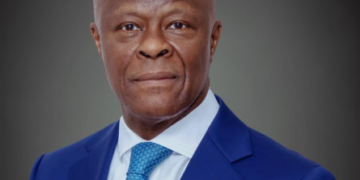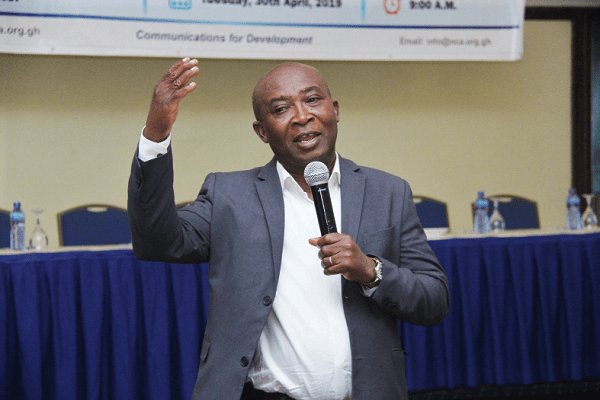The National Communications Authority (NCA) has drafted a bill to be known as ‘Quality of Service’, to regulate the quality of service of the telecommunication industry.
The NCA has held a number of meetings to solicit the input of some stakeholders of the telecommunications industry. This is intended to enable the Authority to upgrade the various key performance indicators for quality of service in line with changes in technology, that border on the quality of service that consumers receive from their Service Providers.
The meetings have been held in Kumasi and Tamale including the most recent one in Accra, in preparation towards the passage of the law.
After the consultations, the ministry will forward the draft legislation to the Cabinet and then to Parliament for consideration and passage.
The proposed legislation seeks to ensure that telecommunication companies put the appropriate mechanisms in place (in terms of infrastructure), to ensure customer satisfaction in the delivery of their services.
It also seeks to standardize and improve the quality of telecommunication services in terms of network availability, network accessibility, service retainability and service integrity for all services such as calls, web browsing, financial services, messaging and social media access.
The draft legislation is proposing that network availability in terms of calls should be 95 decibels per milliwatts (dBm) for indoors, 85dBm for inside vehicles and 75dBm for outdoor in the cities. The decibels per milliwatts measure the signal strength of a telecommunication network.
Concerning service accessibility for calls, the NCA is proposing that telecommunications companies should ensure that there should be at least 95 per cent connection rate at any given time.
The NCA is also proposing a reduction of service retainability, which is represented by the call drop rate from its current rate of three per cent to less than one per cent.
In terms of service integrity, determined by the voice quality during a call, the draft regulation is proposing a less than 3.5 per cent rate for 95 per cent of all calls.
Mr Joe Anokye, Director General of the NCA, in a speech read on his behalf explained that the laws had become necessary to correct some dated provisions in the 15-year-old licence currently guiding the operations of the telecommunication service providers.
He added that it was important to modify the terms of engagement to reflect the dynamic and modern trends in telecommunications services such as messaging, social media and mobile financial services that were not considered in the licence, because they either did not exist at the time or they were not widely used.
In light of this, he said that a quality service law was required to make the necessary amendments, because the Electronic Communications Act (2008), which established the NCA, did not make room for the amendment of the licence.
He gave an example of the outmoded provision of the existing law, saying that it gave service providers a week or two to configure a new SIM card for use, a development which is unacceptable today due to technological advancement.
He, however, reminded consumers that the provision and access of quality telecommunication services were a shared responsibility between the provider and the user.
The proposed law therefore seeks to make amendments to the outmoded bill currently in place, to reflect the current changes in the telecom industry. The bill is expected to be passed before the end of 2020.






























































